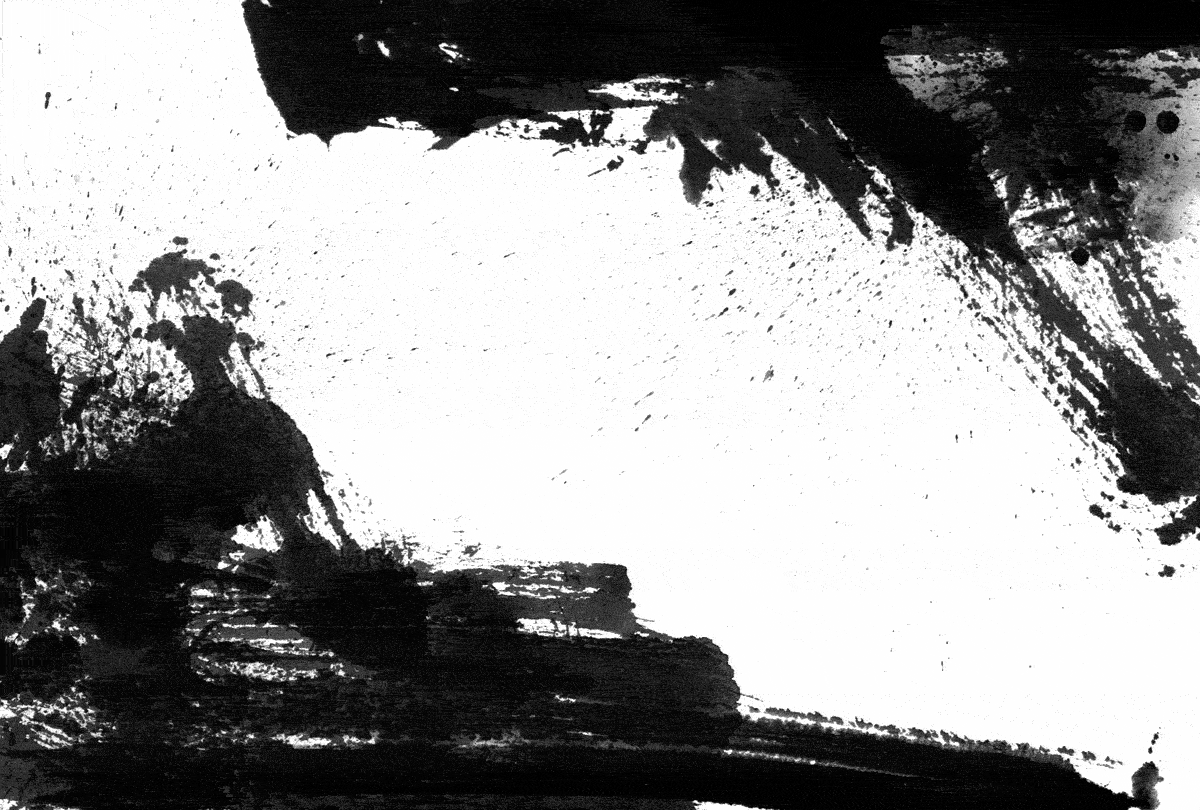Can Xue
Q & A for Can Xue
Can Xue has agreed to answer questions about her work from visitors to this website. If you have a question, please submit it using this form. Unless otherwise requested, all questions and responses may be posted to the website at the web master's discretion. Please expect 7-10 days for a response.
Fill out the form here.
Question: One thing that differentiates you from other Chinese writers is that you talk about your novels a lot. Once you mentioned that you wanted to explain your works to the readers so that there will be more people understanding your works. However, it's a useful but also dangerous thing for your readers. Reading is some kind of re-creating the world hiding in the novels, but you already provided the frame of the world to your readers. They have no choice but to follow you and admit that your analysis about yourself is perfectly right during the process of reading. Have you ever been worried about that?
CX: Thank you for your good question. Actually, quite a few people have asked me this same question. Let me give you a long answer.
I think that we are in a great time in that people’s thinking and ideas are changing. I think your approach to literature and literary criticism belongs to the classical approach to interpreting literature, with realistic literature as its main stream. In the time of this classical approach, the self-sense for literature was far weaker than in the contemporary era. Realistic writers and critics fought against “letting go of one’s conception ahead of one’s writing," but most of these writers in their works didn’t succeed in reaching the essence of humanity, in my view. What they promoted in that time is a so-called “objective description”. That is, the writer tells a story as an outsider himself and provides the story to readers to review. The writer does not present his conception in his work directly. This way is a similar to the great philosopher Kant’s approach, which is a kind of formalism. Readers should judge the work according to some critical concepts (like typical character, typical environment, and so on). By following these key concepts proposed by some critics and philosophers, readers can enter the “ hidden world in the works” more easily. But times have changed, The new writing today is a real individual writing. The writer who is writing and the work belong to the same subject. For this kind of creation, which owns a much higher self-sense, its end is the truth of humanity. (I call this creation “the literature of essence.") Because of this high self-sense, quite a few writers of this kind can review their own works, and they have written down many immortal reviews about their own works. But very few of readers understand that these reviews (which are like fictions) are a new type of literary criticism. The writers who have written this kind of self-literary criticism include: Kafka, Calvino, Borges, Bruno Schulz, Dante, and so on.
In one view, these are two kinds of approaches to writing – one for writing literature (fiction, poetry, etc.) and one for literary criticism. But if you observe both carefully, you will find out these two come from the same subject – one thing, two sides. I have always thought that in contemporary era, only those people who are good at creating can write real literary criticism. I also think for these sorts of critics, both their perceptual knowledge and rational knowledge should be super strong, and the two are in a very good match. By the way, I don’t think that any reader will understand a fiction just because he read some review. If he doesn’t understand it, he must not understand it from the beginning. And his capability for the sort of reading is not strong enough. The new type of reading is really a re-creating. That means a reader has to launch his self-sense and his experiences of feelings to enter the works, and to reconstruct the essence of humanity in one’s heart. The re-construction is a premise for the sort of reading. As for a review by the author himself, or reviews by other people, they only provide some ways for reference. It can’t provide “ a frame of the world” which hides in the work to readers —because that frame of the world is in your own heart, not in the work. You must launch a war of soul to form it. This is really difficult, but not quite impossible. This new type of reading belongs to brave adventurers, not to those lazybones who just wait for other people to provide the frame of the world which they think is hiding in the works.
To conclude, I would like to tell you that I’m both a fiction writer and a literary critic. And I have published quite a few reviews of literature.
Question: It seems that many of your short stories focus on the external world. Do you feel that such interactions with and perceptions of reality shape your stories? To what purpose?
CX: I'm sorry to say that none of the stories by Can Xue focuses on the external world. Actually all of them focus on my own soul (also your soul when you read them). Do I feel that such interactions and perceptions of reality shape my stories? No, I don't. Since my stories are not concerned with external world, the purpose is elsewhere. I hope you will read more modern literature; that would help a reader a lot.
Question: As seen in “The Fog,” your often gritty, nightmarish imagery has a way of cutting into the reality of the story. To what effect does this interplay of concrete detail and abstract description catalyze your stories? With everyday reality worn thin, what truth is left behind?
Can Xue: Don't you think that the question of what truth is left behind is for you yourself? Think hard, and read it again and again. Maybe someday you will find an answer! I wish you good luck.
Question: I'm interested in how you define yourself as a writer. Some writers have called you a "post-modernist," yet that label doesn't seem to fix Can Xue. How do you define your work?
CX: Actually, I have been fighting against post-modernist theory for some time. I call my literature "neoclassical literature." I will be providing some interpretations of my work for the website. The first is already available in the "Interpretations" section.
Question: In "The Fog," the Father says the Mother is having an attack of fantasy. Considering the similarity between the ways your foreword and fiction reads, how often do you have similar attacks of fantasy while writing from real life?
CX: But my way of writing my fiction is not the same as the way I wrote the foreword. (It's just that they look similar.) Then how do I write my fiction? This question needs a long explanation, and I plan to do some more writing about this for the website. Also, there is an interview forthcoming in Chinese Literature Today in which I talk extensively about my writing method. We will let people know via the website when the interview is available.
Question: You like to end your stories by returning to their beginning without any other conclusion reached. This gives the stories a sense of a satisfying end without forcing the story to be complete. The story feels like it continues off the page, being simultaneously constructed and destroyed, similar to what is always happening in the stories themselves. Is this a consequence of your process, is it intentional, or are process and intention intertwined?
CX: Your description about the stories is very good, but both of your hypotheses are wrong. If you want to explore the ways this sort of story is written by Can Xue, or how to read this kind of story, I recommend you read some of my articles that are being posted to the website. Check the "Interpretations" section and the "Works By" (English) section of the website for the first two articles. More articles will be posted in the future.




